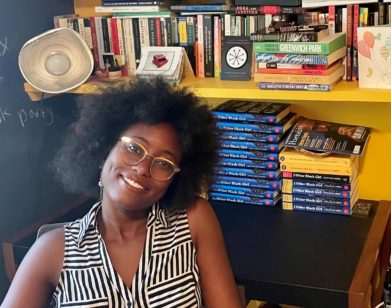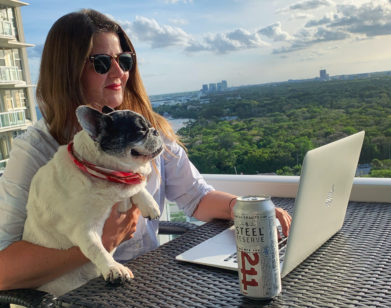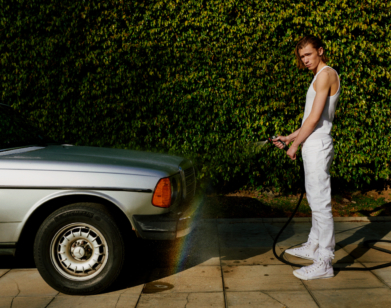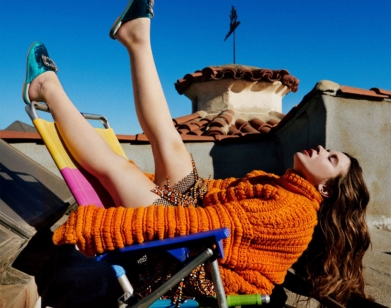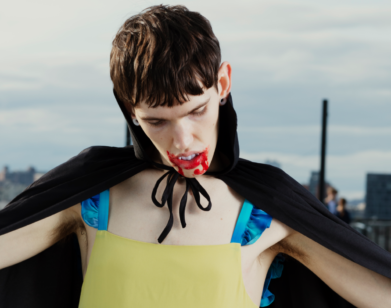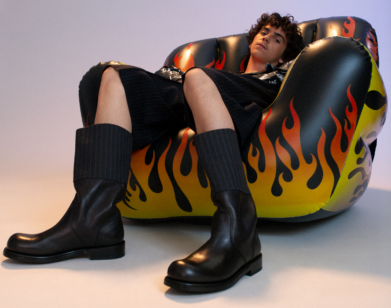Six Clowns On Stephen King’s It
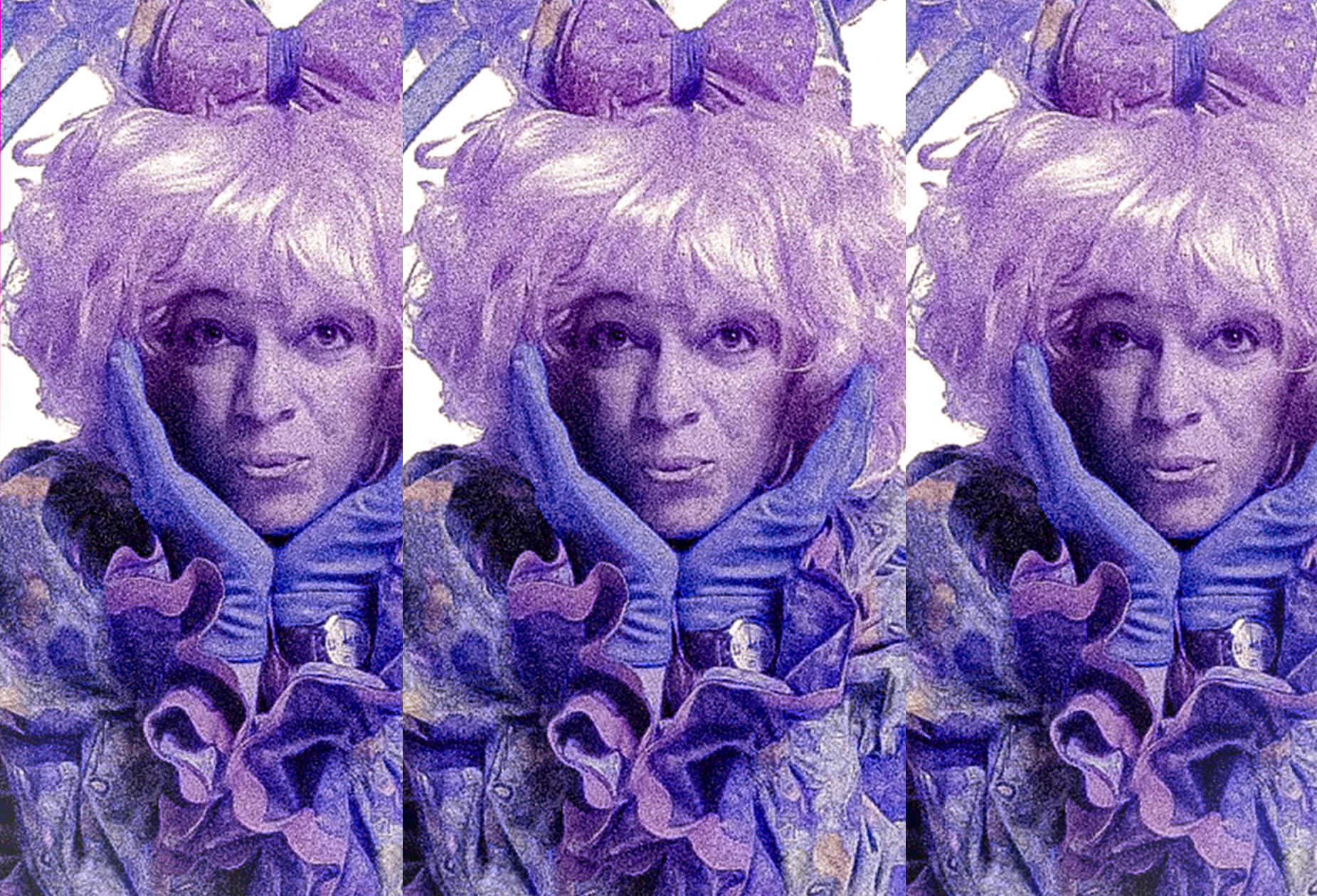
Once upon a time, if you said the word “clown,” you were more likely to conjure the image of a lovable, daffy performer like Bozo than the freakish phantasm Pennywise the Dancing Clown. Long gone are the days of clown-free nightmares. In 1986, Stephen King’s It was published, since launching a 1990 TV miniseries, a 2017 film, and an iconic SNL skit (Kate McKinnon’s Kellyanne Conway spoof “Kellywise”). It’s a familiar trope: take an innocent image from our collective childhoods and sculpt it into bait for our wildest nightmares (we thought we were safe, after all). In this post-Pennywise world, the freak clown has prospered. The musical phenomenon group Insane Clown Posse inspired legions of juggalos to paint their faces and listen to the thrashes of hip-hop horror-core in the aughts, and in the year 2016 (a year known for, well, some more real-life horrors), armed people in full clown makeup took to the streets in a bizzare sequence of national clown attacks.
The horror clown, it seems, is here to stay, and the premiere of It: Chapter Two, directed by Andy Muschietti and written by Gary Dauberman, follows up on the “Losers’ Club” of children who originally defeated Pennywise in the 2017 film. Now adults, the gang is played by Jessica Chastain, James McAvoy, Bill Hader, and Isaiah Mustafa, the Old Spice Guy, star, among others. Their task is to yet again take down Bill Skarsgård’s Pennywise, in all his various forms. We decided to go straight to the source and ask six New York-based working clowns what they thought about the new film and its painted villain. Their answers, as you may imagine, are no laughing matter.
———
Joanne Dorme
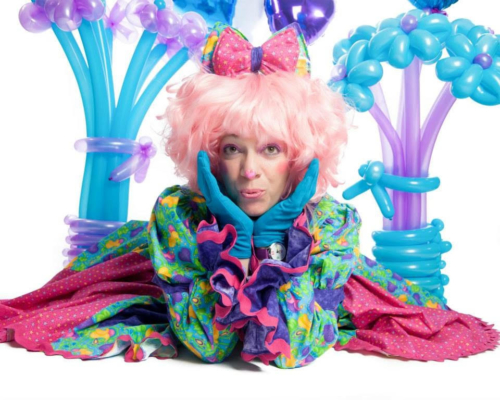
“The films cause a new generation of coulrophobia every time they premiere. As this is my living and has been for 27 years, I am not a fan of Stephen King or the It movies. They are incredibly harmful to my business. Luckily, I have adapted my makeup; I am not a traditional white face clown anymore, so most people are not scared of me. But for chrissakes, he has enough money. The interviews and the press releases only tend to focus on this problem, so I shy away from giving this any more publicity. It’s bad enough we have copycats in the street scaring people. Every October.”
———
Didi Maxx
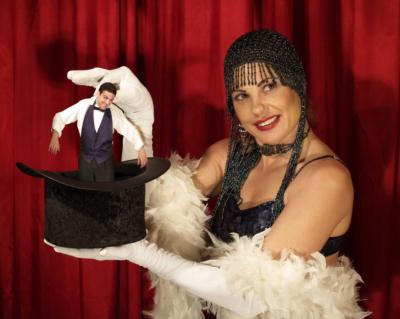
“A lot of children and adults are afraid of clowns, but I don’t think it has anything to do with Stephen King. People are afraid of clowns because of the full face makeup; a clown with full makeup doesn’t look like a real person. I don’t know if we’re looking at the chicken or the egg. Why not? I mean there was a Chucky doll that scared everybody. It gives Stephen King a bit of an edge to make a clown the freaky character. That’s okay. People who go to scary movies want to be scared.”
———
Yaelka the Clown
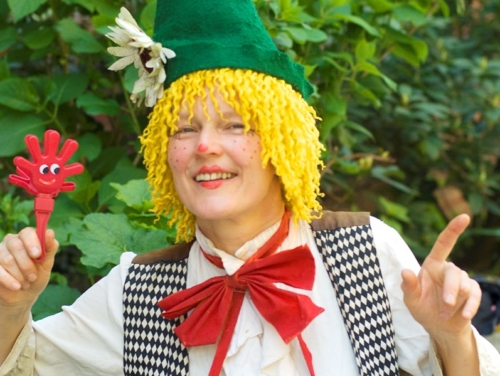
“I’m very, very, very upset about this. As you probably know, a lot of clowns lost most of their business when the first It movie premiered. And we never recovered from the first movie. A lot of people just don’t want a clown anymore. If you just say the word clown, the kids are screaming and running away with tears on their faces. That’s not what a clown is! The word clown now is connected to terror instead of fun. And that somebody can just do that, just destroy businesses that have been successful for years because they want to… What if clowns would do something to make a movie about all the writers of scary movies? How’s he gonna feel then?”
———
Joolie Bagoolie
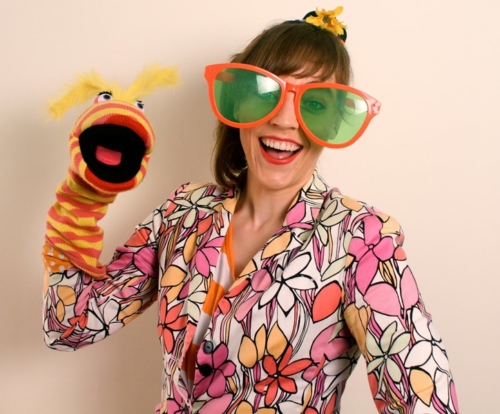
“Years ago, I stopped doing clown makeup. I act the exact same way whether I have the makeup on or not, but there’s a strange phenomenon that occurs when it’s on. People perceive a full face clown as a mythical creature, not quite human. At one kid’s party, the family offered me a plate of food after I was done entertaining. The kid came up to me and asked, ‘Why are you eating this food?’ I said something like, ‘I’m hungry,’ or, you know, ‘Doing a show takes a lot of work.’ The kid was bewildered and said, ‘I eat when I’m hungry too.’ Young kids don’t fully grasp that a clown is just a person, so the scary clown trope is something that feeds into that. People are playing with the image of the clown as a scary thing, and not actually what a clown is, which is a skilled entertainer that makes people happy.”
———
Mark Gindick
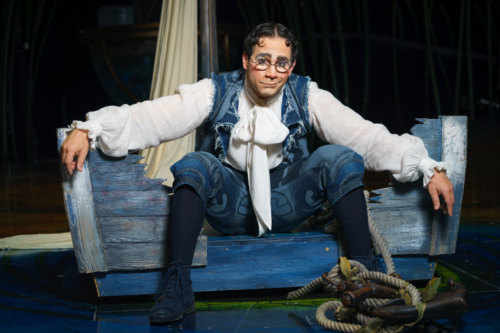
“I like to look at ‘clown’ as a verb rather than a noun: I ‘clown.’ I have clown technique that goes into my work. The only drag for me is that in America, clowning has this kind of cloud over it because of the adoption of the horror genre. And for me, it would be great if there was more education to the idea that clowns are in pop culture all the time. For me, clowning is telling stories physically. Some of the best SNL characters were clowns. Molly Shannon had a great schoolgirl character; she would throw herself on the ground. Jack on Will and Grace, I consider him a clown. He’s so sincere and open and physical to me. For me, if you really want a scary character that can take over the horror genre, you should get a CEO.”
———
Sassy Sassi
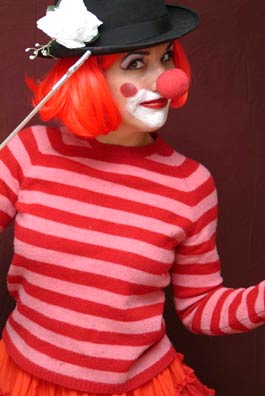
“I think the It clown is beyond terrifying. However, I am a very cute, sweet, feminine clown and luckily children are not afraid of me, so I work a fair bit regardless.”

